Nm. 21:4b-9; Phil. 2:6-11; Jn. 3:13-17
We know from Jesus himself in the gospel the correlation between the serpent in the desert of the first reading and Jesus being lifted up for salvation. The serpent being the source of death goes back to Adam and Eve’s temptation by the serpent. The punishment of the serpent is to drag itself on earth. The serpent lifted up on a pole becomes the source of salvation from the Lord when he directs Moses to create this image and have the people look at it. At first to place a serpent, the image of evil in the same mold as Jesus seems contrary to faith. The serpent is the source of sin and Jesus the source of salvation. The first step of conversion is to face our sin. The serpent represents their sins and if we desire salvation we must face the truth about our sin. Jesus takes the form of our sins that we may gaze upon salvation.
This however is a “seraph” serpent which is the singular form of Seraphim, the highest rank of angels in heaven. “Seraph” means “the burning one”. Imagine burning snakes from heaven bringing the poison of death for the sin of the people.
In Isiah 6: 2-7 the Seraphim were stationed and one cried out, “Holy, holy, holy is the Lord of host! At the sound of the cry, the frame of the door shook and the house was filled with smoke. Then I said, “Woe is me, I am doomed! For I am a man of unclean lips…Then one of the seraphim flew to me, holding an ember which he had taken with tongs from the altar. He touched my mouth with it. “See,” he said, “now that this has touched your lips your wickedness is removed, your sin purged.”
Jesus takes the form of the sinful slave to purge the sin of the world exalted on the pole in the form of a cross. Jesus brings the fire of salvation. The cross should be at the door of our homes to shake the serpents of sin from entering our home.
Salvation comes through Jesus “obedience to death, even death on a cross” It does not say that salvation comes without fire to purge us of our sins. Early Christians experienced the great fire of martyrdom for their obedience to their faith. Then there is the fire of being purged of our sins for what comes out of our mouth defiles and an ember of truth comes to purify us. What about the fire of justice when we “do not forget the works of the Lord” and seek holy lives. That too is a fire of obedience and humility to carry the cross and empty ourselves for the Lord.
Jesus sends us the fire of the Holy Spirit to sustain us in our purity of faith. He did not come to condemn the world but the world must remain faithful to the covenant. The exaltation of the cross is the fire still burning for our sins. The exaltation of the cross is mercy incarnate waiting to be loved. The exaltation of the cross is a memorial of the cry for conversion of souls. The works of the Lord is to bring others to the cross. The cross is redemptive suffering if we accept it as our gift and fear not. Mary remains at the side of Jesus on the cross so she too is our Mother of Sorrows calling us from her tender heart to repent and undergo the sacrifice of our lives for our salvation and the salvation of the world.
The Church is under crisis and the Seraphim angels are bringing the fire to purge it from the serpent’s death. Note that Jesus response to the cry of the suffering did not remove the poisonous serpents. The serpents of sin remain in the world. People continue to die from their sin, spiritually and mortally. Our vision on the exaltation of the cross is victory over death. We shall not die into the eternal fire of death but be raised with Christ in the Exaltation of the cross. Jesus empties himself in the form of a slave. Is he simply a slave to the human condition? He is a slave to obedience, to truth, to his divine purpose. May we follow our call to obedience and truth wherever it may lead us. Guard ourselves against sin, we are his works called to holiness for a divine purpose. “Do not forget the works of the Lord” and let it begin with me.
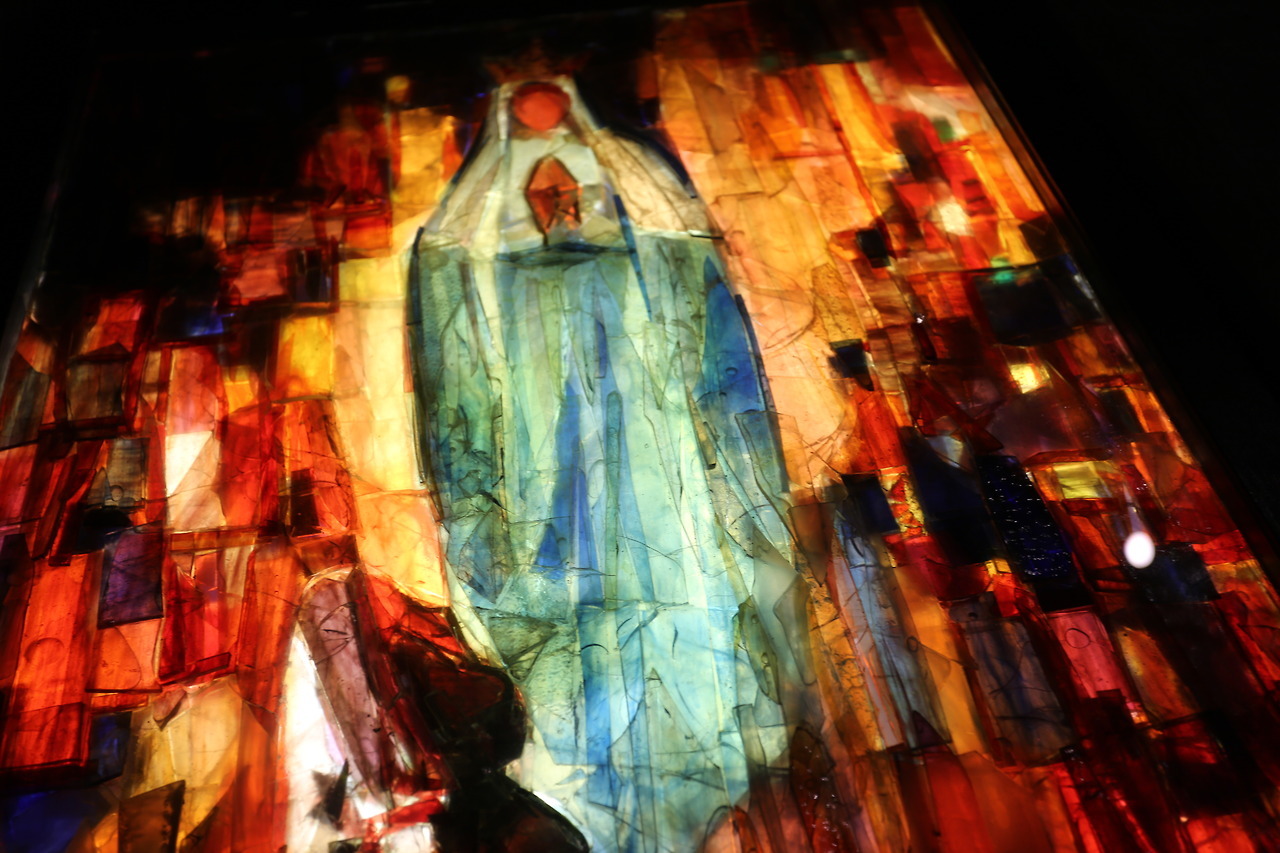




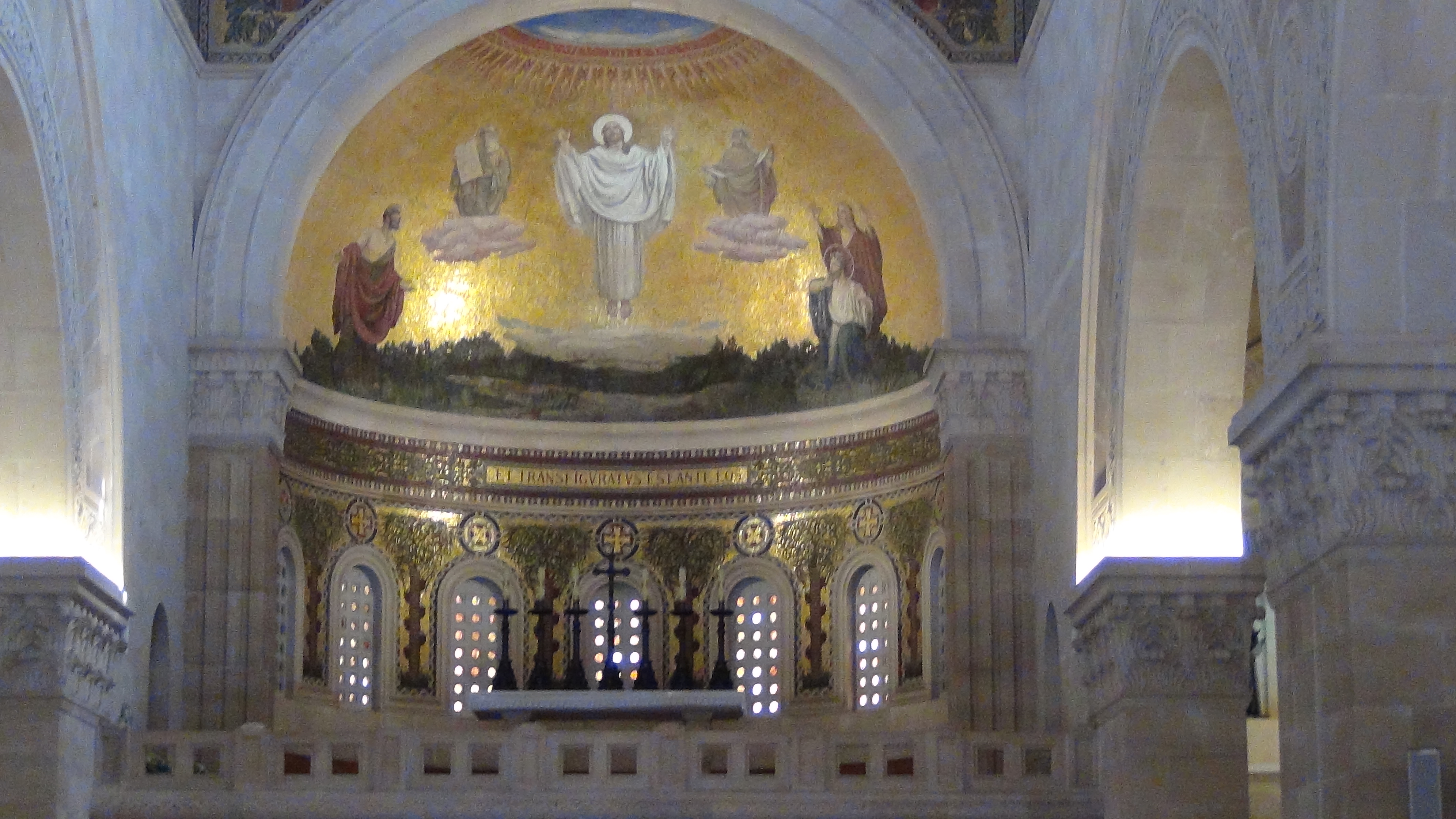

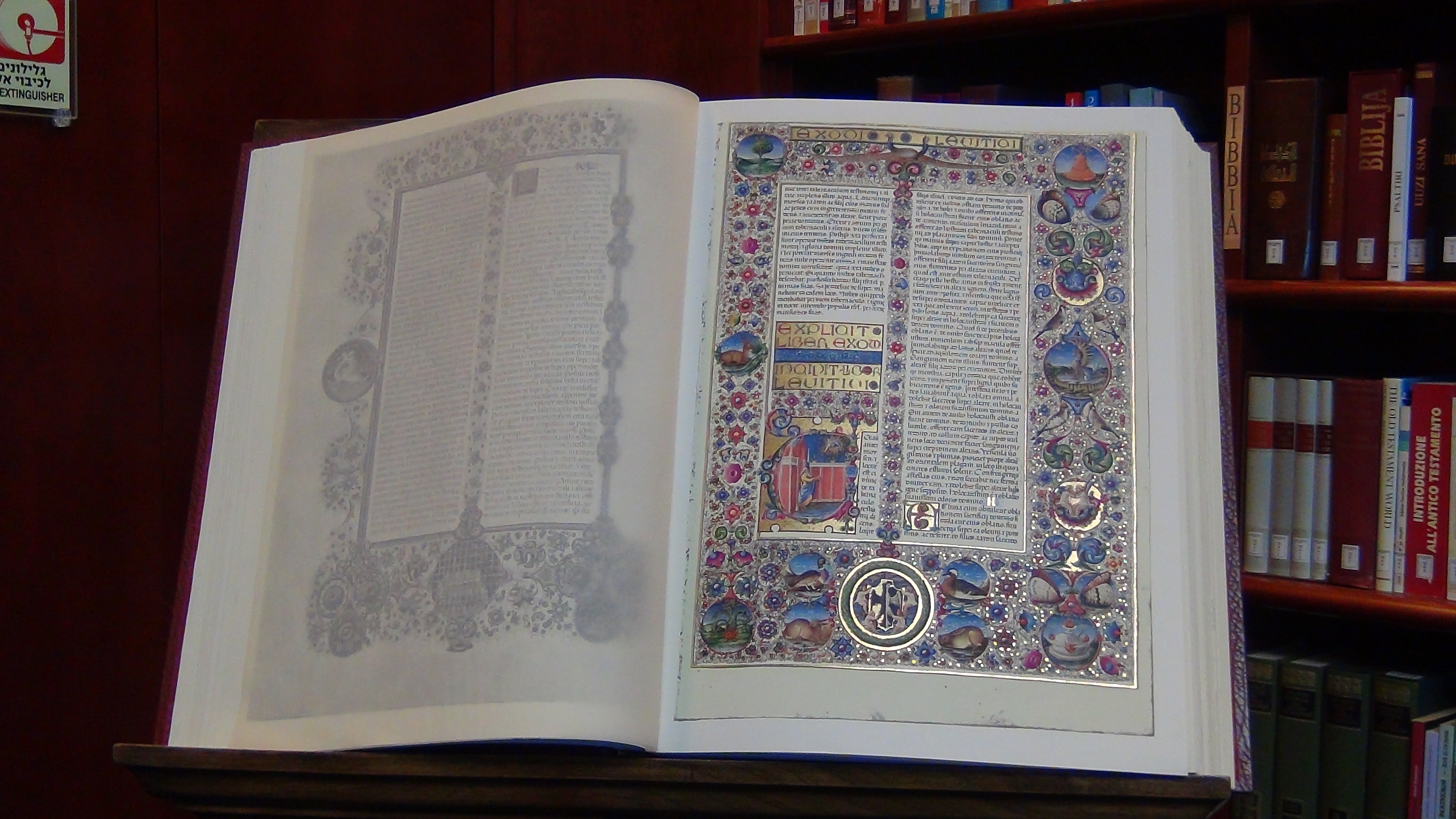

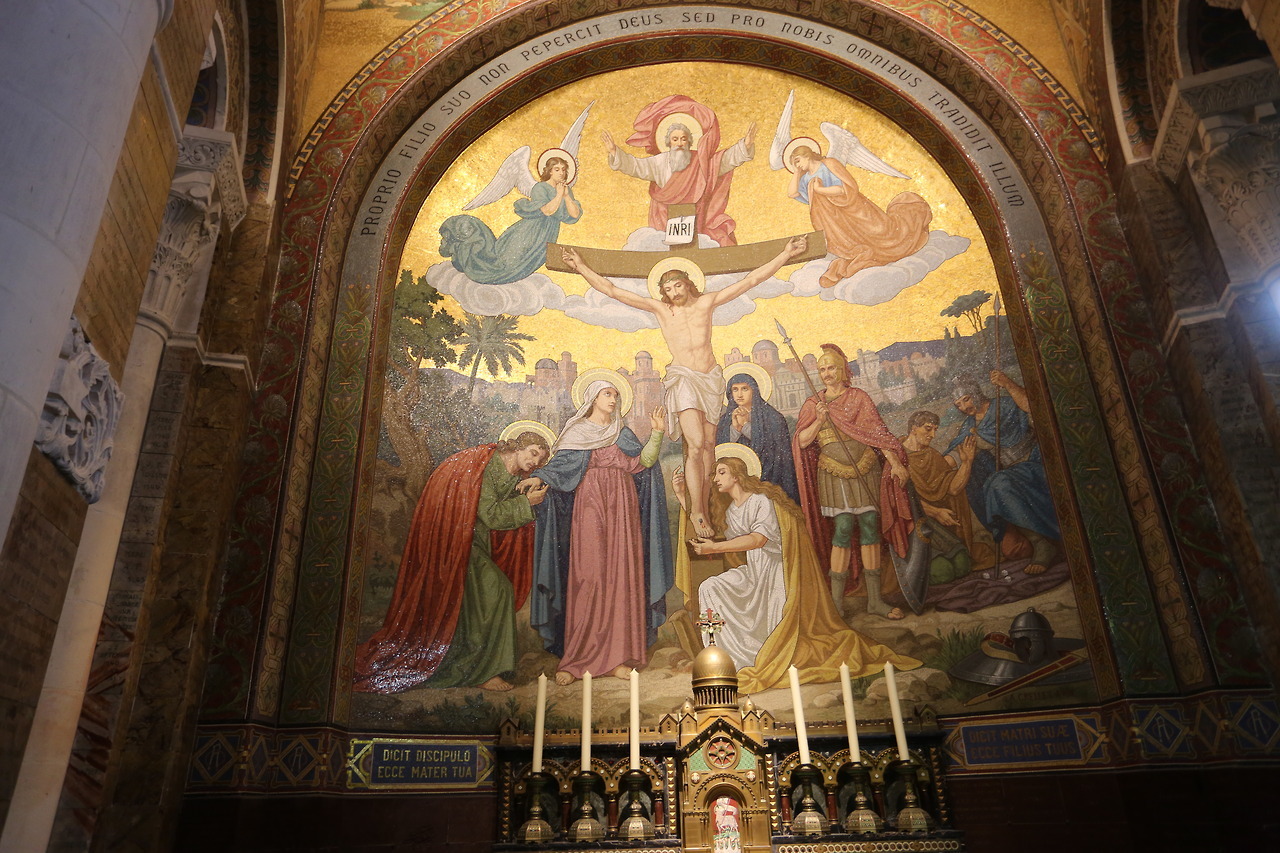
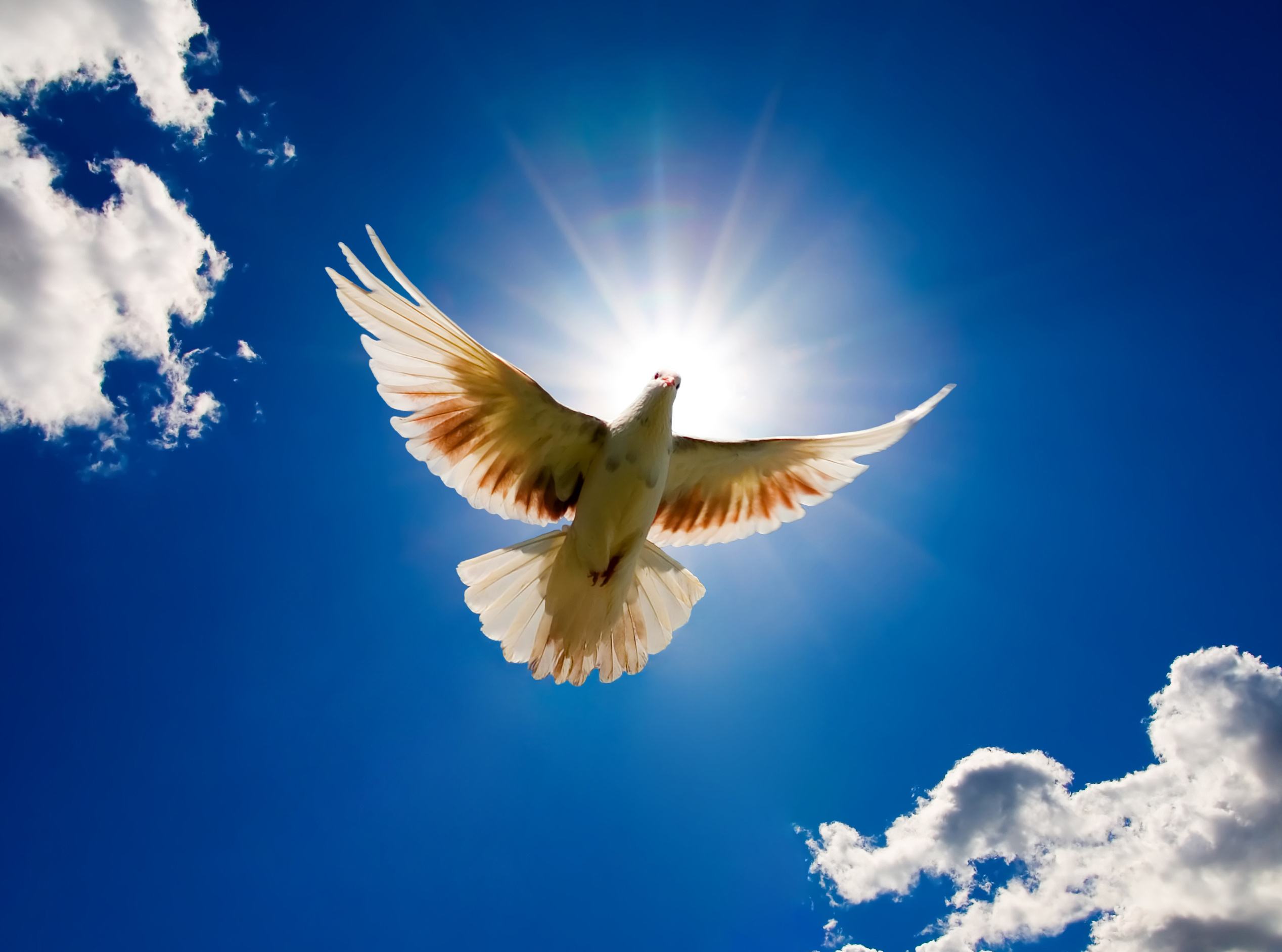



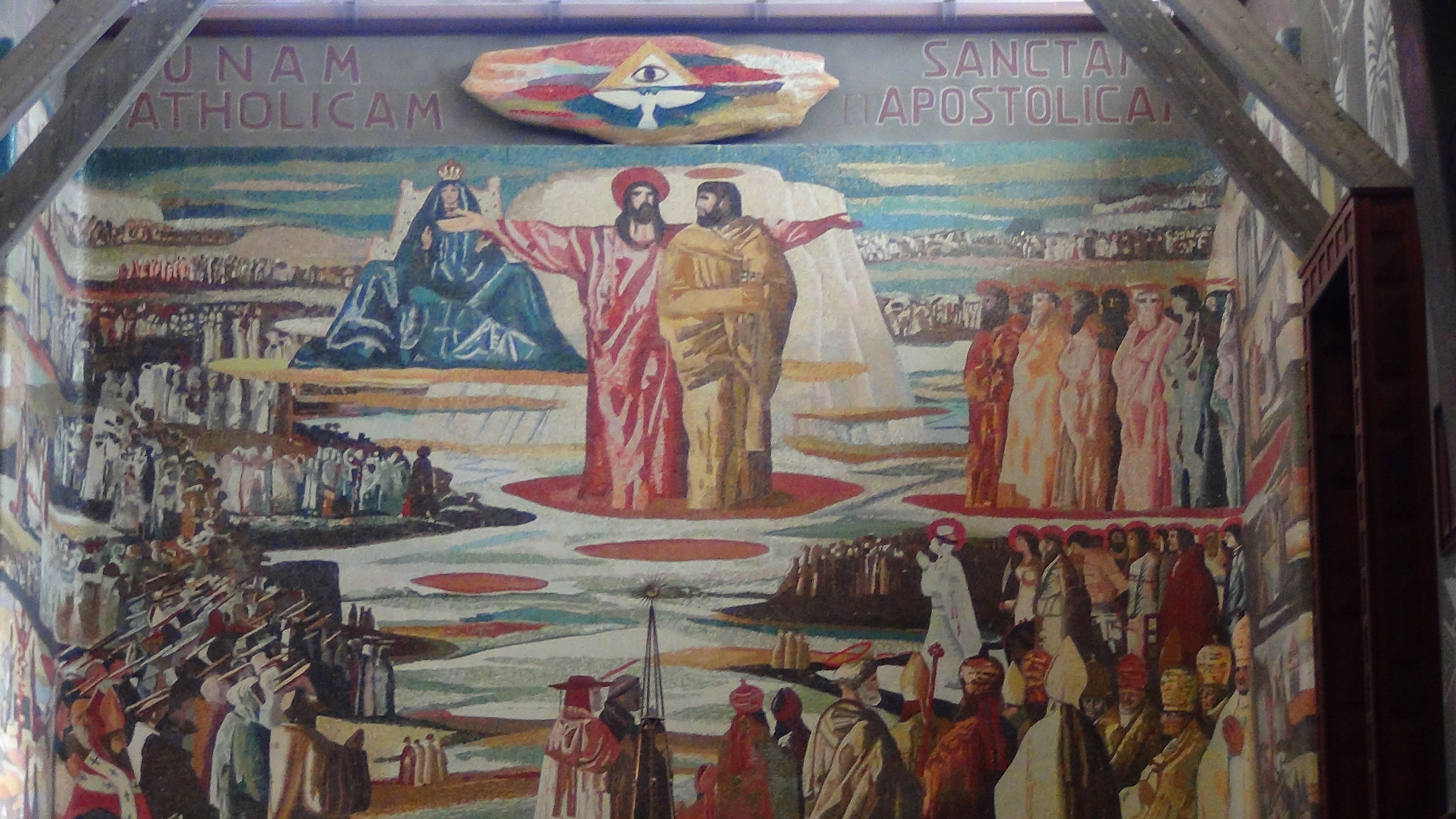

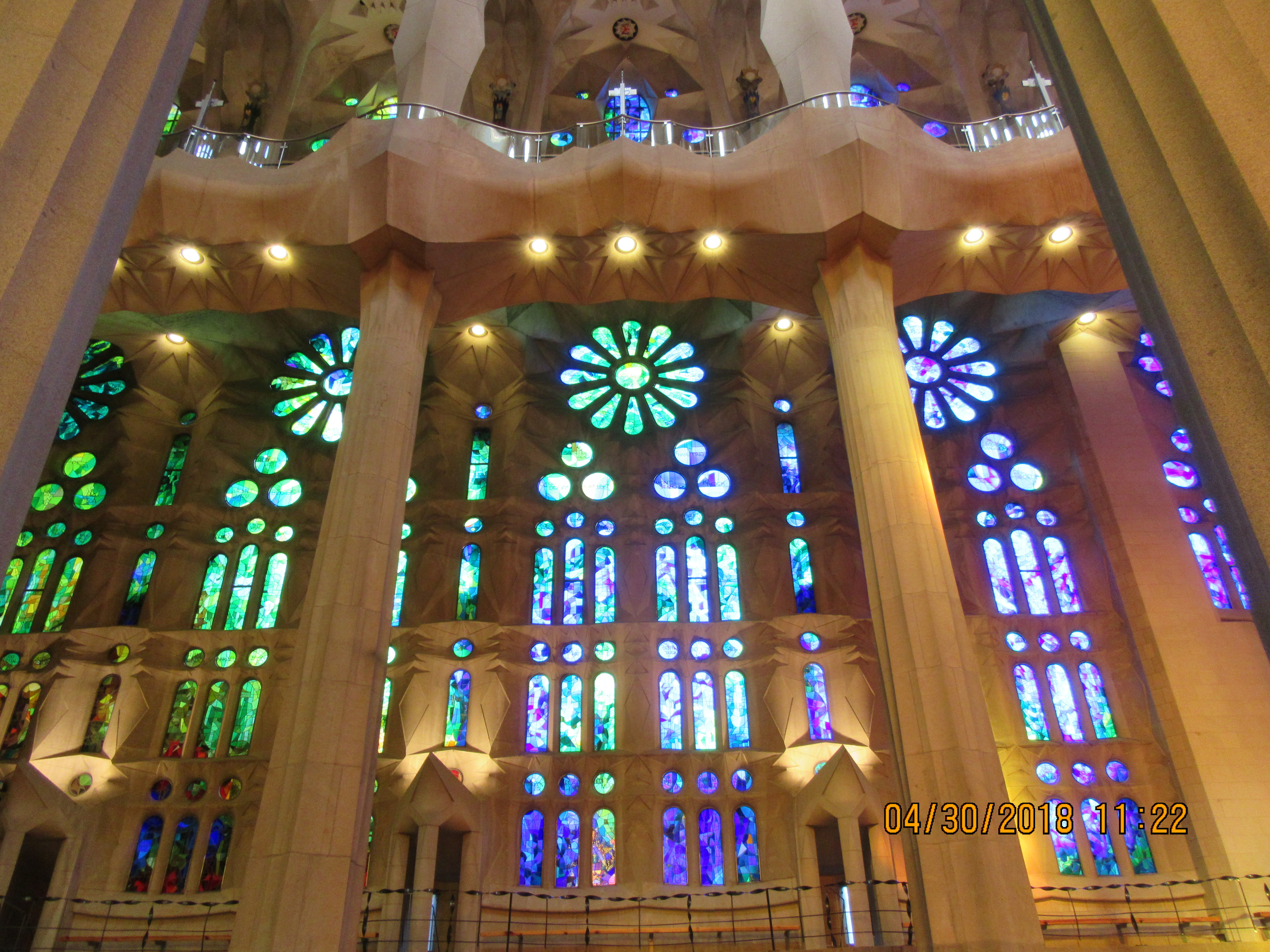



Recent Comments